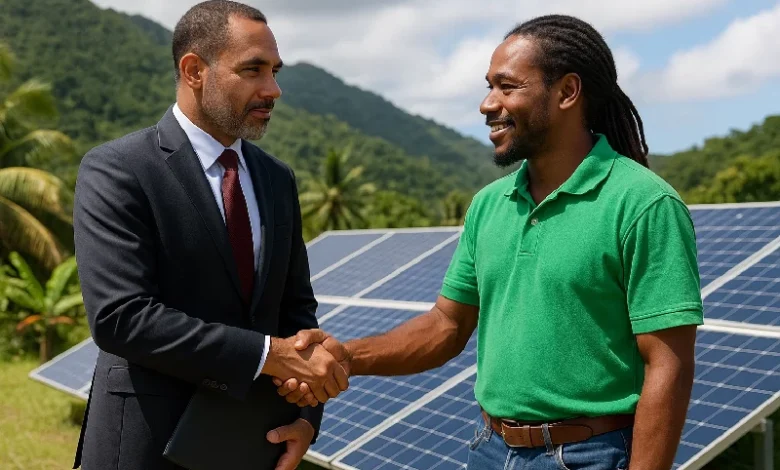Foreign Direct Investment (FDI) in Dominica

Foreign Direct Investment (FDI) in Dominica refers to the capital flows involving long-term equity stakes, typically at least 10% ownership, by non-resident investors into local enterprises such as tourism, agriculture, renewable energy, and financial services. FDI is captured both in net inflows (new investment minus disinvestment) and total stock held by foreign entities.
Dominica recorded net FDI inflows equal to approximately 5.34 % of GDP in 2024, down from 7.22 % in 2023. In absolute terms, FDI in 2023 stood at roughly US$47.6 million, up from US$16.9 million in 2022. Meanwhile, data from the World Bank indicates net outflows of around US $‑36 million in 2024, a result of disinvestment exceeding new inflows.
Foreign Direct Investment (FDI) Overview in Dominica
Since the early 1990s, Dominica’s FDI strategy has been anchored around the Citizenship by Investment (CBI) programme, channelled through the Economic Diversification Fund (EDF). This mechanism incentivizes foreign nationals to acquire citizenship via investment, generating capital that supports public and private infrastructure projects.
The government’s legal framework allows foreign and domestic investors equal treatment, with unrestricted ownership rights. The Invest Dominica Authority, backed by agencies like the Financial Services Unit (FSU), promotes investment and ensures compliance with international standards.
Sectoral Breakdown of FDI
Major inflows are observed in:
- Tourism and infrastructure development (such as the new international airport project and hotel projects).
- Offshore financial services businesses, where the FSU oversees banking, insurance, payment systems and corporate entities.
- Clean energy and agriculture, especially geothermal, solar, and agro-processing.
Economic Impact and Institutional Structures
FDI has bolstered Dominica’s GDP, with infrastructure and job creation emerging from CBI-funded projects including healthcare centres, schools, and roads. According to IMF projections, strategic investments will drive real growth around 3.5 % in 2024 and near 4.25 % in 2025. As capital inflows stabilize, growth is expected to normalize around 2 % long term.
Future Outlook and Challenges
Despite high FDI-to-GDP ratios, actual capital volumes remain modest on a global scale. Dominica faces competition from regional peers and must maintain transparency in CBI operations. Recent reforms aim to ensure sustainable, environmentally aligned investments, particularly in geothermal energy and eco-tourism, guided by institutions like the Invest Dominica Authority and FSU.




